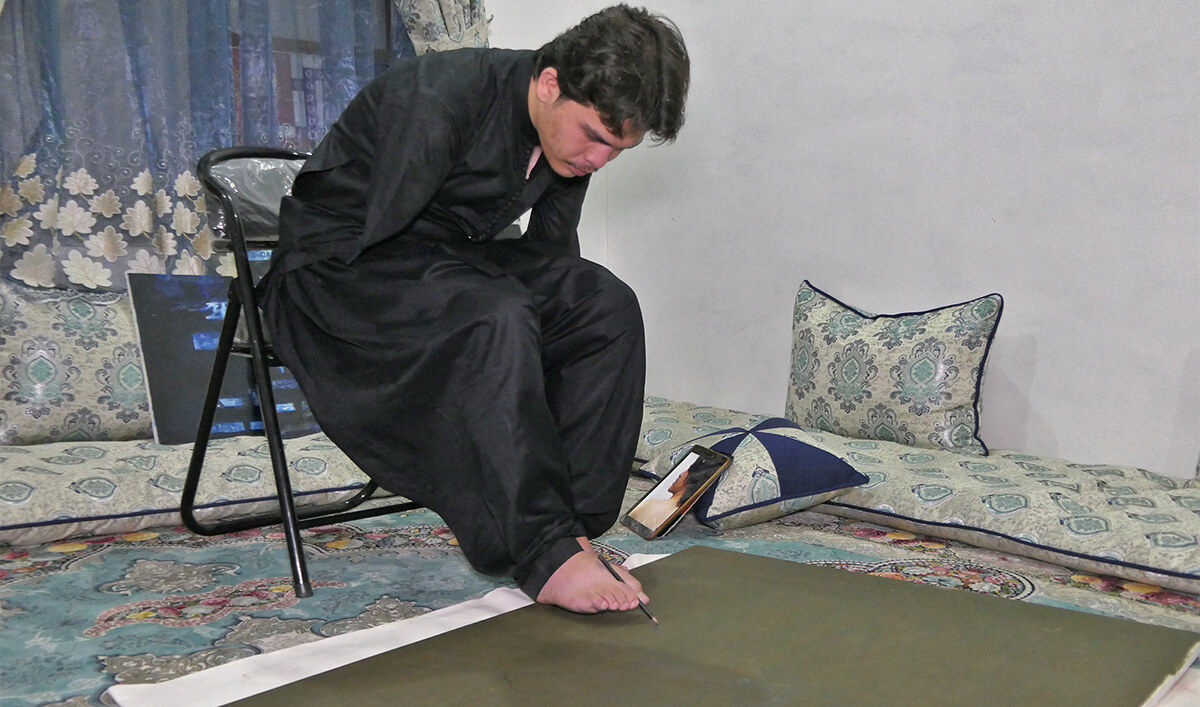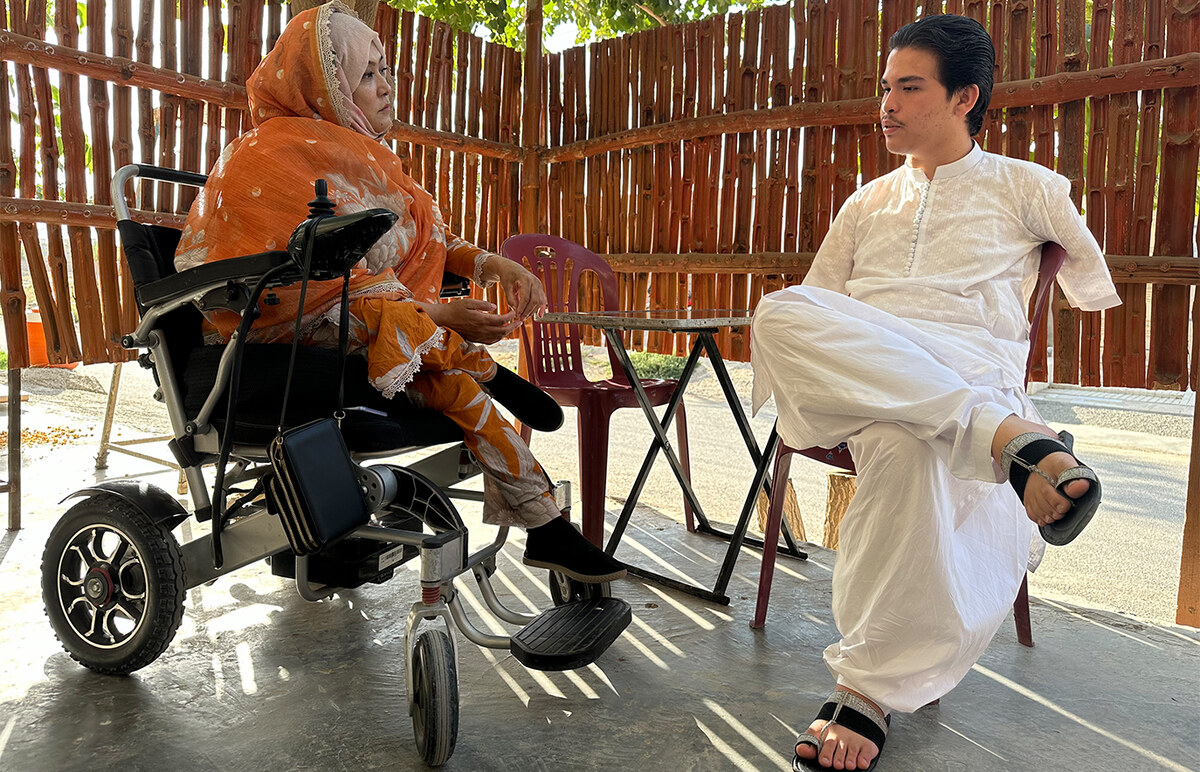ISLAMABAD: The Punjab Police have registered a case against Ali Amin Gandapur, Chief Minister of Pakistan’s Khyber Pakhtunkhwa (KP) province, under the Anti-Terrorism Act of 1997 for inciting violence while en route to a public rally organized by former Prime Minister Imran Khan’s Pakistan Tehreek-e-Insaf (PTI) in Lahore on Saturday.
Thousands of people had arrived in the city from various parts of Pakistan to attend the rally, which demanded Khan’s release, as he has been imprisoned on multiple charges for over a year. By the time Gandapur, who is also a close aide to the ex-premier, arrived at the rally’s venue, PTI leaders had been asked to wind up since the designated time for the public gathering had expired.
However, people in the KP chief minister’s convoy reportedly engaged in violence at one of the toll plazas and threatened the police officers deployed there.
According to a police report, his convoy broke traffic rules by using the wrong side of the road due to congestion while approaching the toll plaza near the Sialkot Interchange.
“On Ali Amin’s orders, an armed group began smashing the windows of the toll plaza cabins, the barriers used to stop vehicles and the CCTV cameras,” the police complaint said.
It maintained the people accompanying the chief minister also targeted the private vehicles at waiting to cross the toll plaza and broke their windows.
When the police officials jumped into action, the vehicles driven by the group sped toward them “with the intent to kill.”
“But we managed to save ourselves by jumping to the sides,” the police complaint continued, adding the armed individuals also “pointed their AK-47 rifles at us with the intent to take our lives.”
Gandapur faces charges in Punjab, where the ruling Pakistan Muslim League-Nawaz (PML-N) is in power, while his province is governed by Khan’s PTI.
Both parties are at political odds, with PTI in opposition at the federal level and PML-N leading the central government.



















